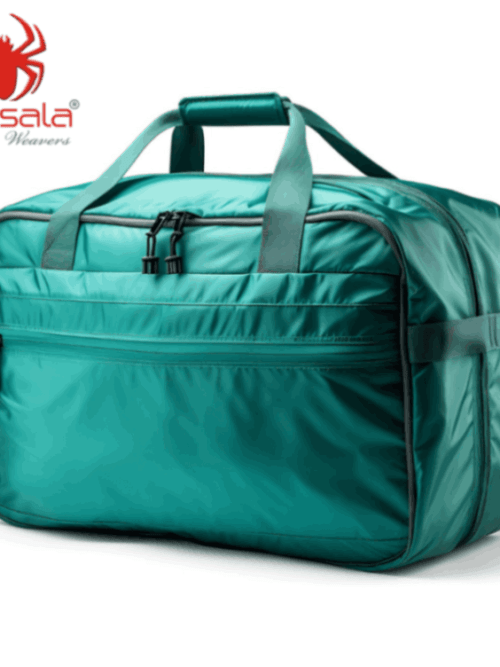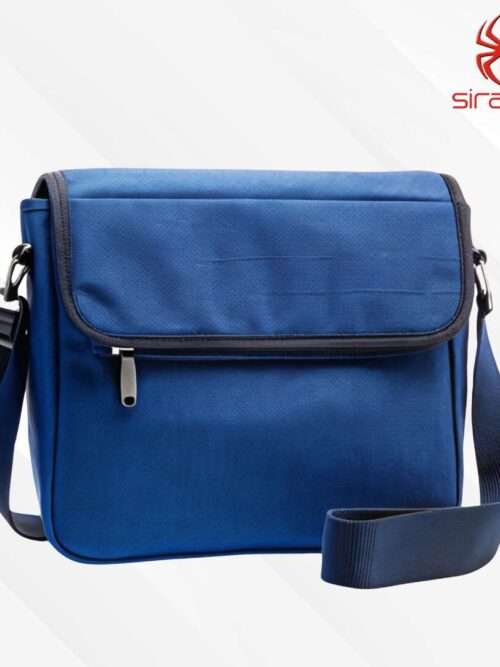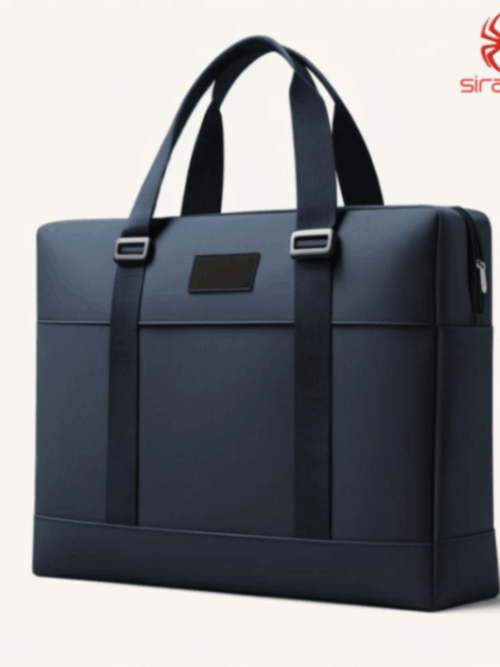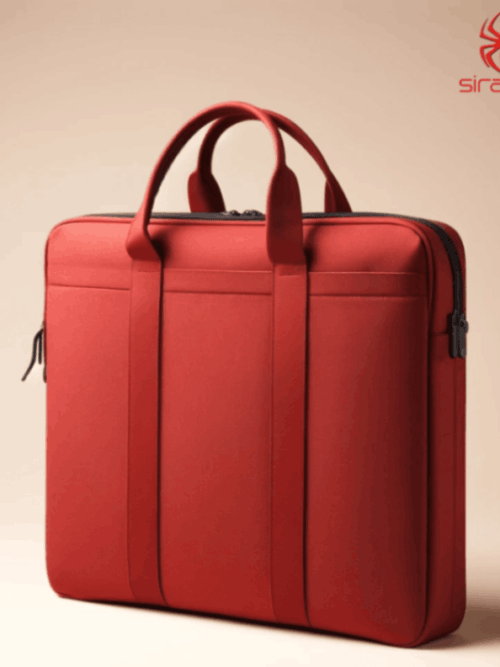You can contact us 24/7 0 800 300-353
The best discounts this week
Every week you can find the best discounts here.
Bulk Travel Bags Suppliers
Logo Printed Backpack Bags
Promotional Conference Bags Suppliers
Conference Bags Suppliers
Conference Bags Manufacturers
Bulk Conference Bags Suppliers
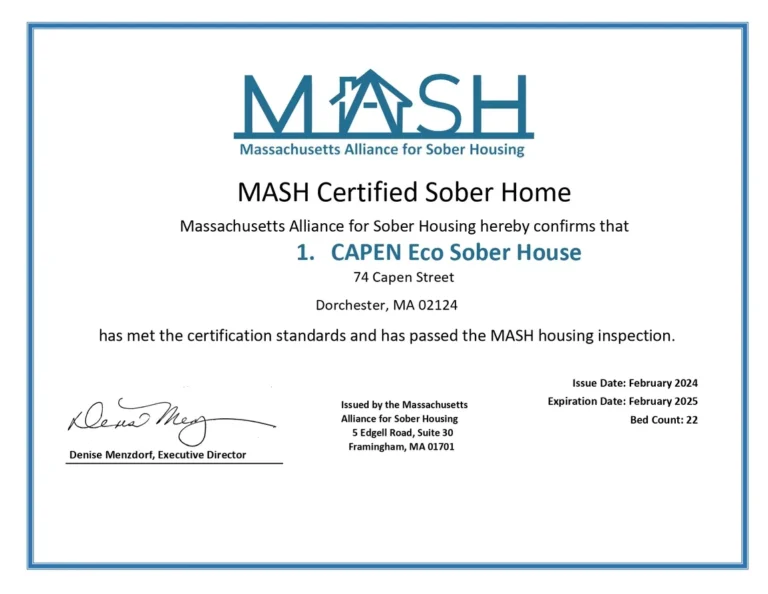
The triggers listed above might not apply to everyone and could vary depending on individual circumstances. Learning your own specific triggers can be important in relapse prevention planning and can help you manage cravings and triggers when they occur. If unsure or in need of support, consider seeking guidance from a therapist or institution like Lantana Recovery in Greenville, South Carolina. By incorporating these coping strategies for emotional relapse, individuals can overcome the challenges of recovery and maintain long-term sobriety. Significant events such as loss, trauma, or financial difficulties can increase vulnerability to relapse.
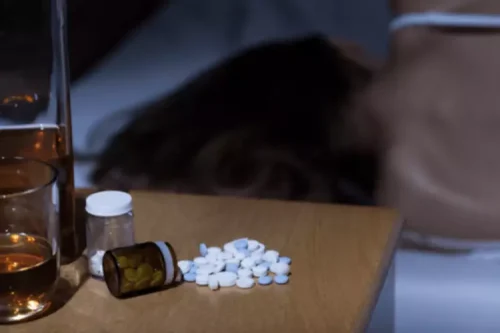
Addiction Treatment Programs
Addressing mental urges can be an effective tool for preventing relapse, at least on a short-term basis. Speaking to someone about the urge to use can often help to reduce that urge and bring rational https://ecosoberhouse.com/ thinking to the forefront of the equation. This is a reason that a lot of support programs employ the use of a sponsor; it can be critical to have someone to talk to when the urge to use arises.
- Below are some common internal and external triggers that you may face after leaving a recovery center.
- It is not unusual to have no symptoms for 1 to 2 weeks, only to get hit again [1].
Avoiding High-Risk Situations
While some may never relapse, others may relapse several times at some point during recovery. At American Addiction Centers, we offer a 90-Day Promise that gives you 30 additional days of complimentary treatment if you relapse after 90 consecutive days at one of our facilities. Whether you are going to rehab for the first time, or have relapsed in the past, we will work with you to find the best treatment plan for you.

What is a Relapse Prevention Plan?
A variety of underlying mental illnesses like depression and anxiety are closely related to addiction and can result in a person experiencing more triggers or more powerful ones. Physical illness and chronic types of relapse triggers pain also stress the body and can increase the risk of relapse. Some studies have indicated that mindfulness-based relapse prevention skills can be an effective way to deal with emotional triggers.
Relapse Prevention Workbooks

A person in recovery may begin to believe that they can use again without falling back into their addiction. However, an addiction never goes away; it is a chronic condition that needs to be dealt with continuously. An individual may think they are prepared to use casually due to what they’ve learned in recovery, but recovery only comes with full abstention from consumption of the drug. If an individual in recovery begins to talk about their ability to use again without falling back into addiction, it is often a sign that relapse is on the horizon.
If you find yourself in high risk situations that could trigger a relapse, you should immediately reach out to someone that you can trust and who is supportive of your recovery. Talking through the trigger and enlisting someone else’s help can provide you with the motivation and assistance needed to overcome the trigger and stay sober. There are two main types of triggers that can start someone towards the path of relapse. Rehab for cocaine addiction can provide many benefits and help people learn new ways to manage their addiction and cravings and boost their chances of maintaining abstinence. Individuals who experience a relapse of cocaine use are likely to experience several warning signs long before returning to substance use. By creating a support network, you will have a team that provides encouragement, guidance, and accountability throughout your recovery journey.

What are the stages of relapse in the recovery process?

The Stressors Of Daily Life
Recent Posts
- Das 300percent Willkommensbonus wartet!
- Web Analytics 101: The newest online casino welcome bonus 300 Beginners Book That we Alive From the
- Ideas on casino riverbelle review how to Look Dated Brands of Other sites
- 100 percent free Traffic Examiner: Get to free casino games know Site visitors, Statistics & Ratings
- Raising Conditions Casinoland bonus codes For the Players Approved
